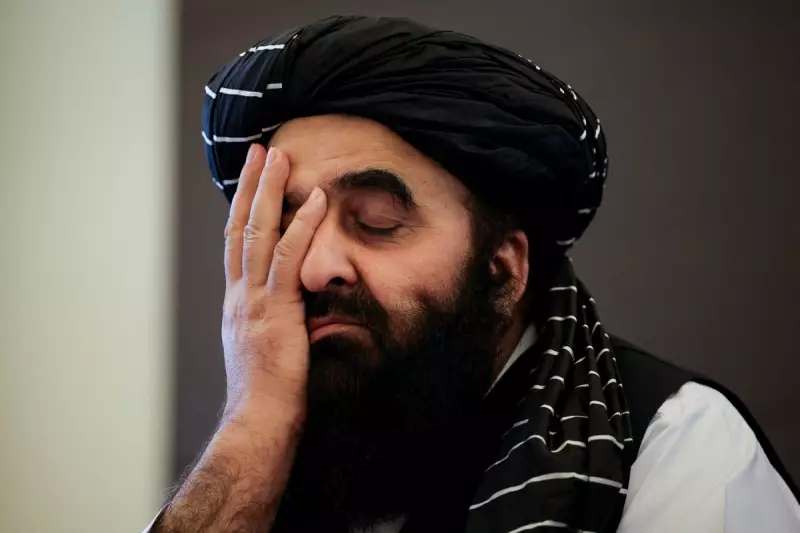
In a significant diplomatic manoeuvre, a senior Taliban official has embarked on a rare visit to India, signalling attempts to normalise the regime's international standing despite ongoing human rights concerns.
Amir Khan Muttaqi, Afghanistan's acting foreign minister, is currently leading discussions in New Delhi, marking one of the highest-level engagements between the Taliban government and Indian officials since their return to power.
Strategic Outreach Amid International Isolation
The Taliban delegation's presence in India represents a calculated effort to break through the country's diplomatic isolation. While many Western nations maintain limited engagement with Kabul, India appears to be cautiously exploring practical cooperation channels.
"This visit underscores the Taliban's persistent campaign for international legitimacy," noted a South Asia analyst. "They're strategically targeting regional powers who may prioritise geopolitical interests over human rights considerations."
The Shadow Over Talks: Women's Rights Erosion
Muttaqi's diplomatic mission unfolds against a troubling backdrop of rapidly deteriorating rights for Afghan women and girls. Recent months have witnessed:
- Education bans extending to universities and secondary schools
- Employment restrictions barring women from NGO work
- Public space limitations through strict hijab enforcement and mobility constraints
- Political exclusion from governance and decision-making roles
These systematic restrictions have drawn condemnation from human rights organisations worldwide, creating a significant obstacle to international recognition of the Taliban administration.
India's Delicate Balancing Act
New Delhi faces a complex diplomatic challenge. India maintains historical ties with Afghanistan and significant development interests in the region, yet must navigate concerns about endorsing a regime with controversial policies.
Security considerations, particularly counterterrorism and regional stability, likely feature prominently in the discussions. India's approach appears focused on maintaining channels of communication while avoiding formal recognition of the Taliban government.
The outcome of these talks could signal whether economic and security pragmatism will eventually override humanitarian concerns in international dealings with Afghanistan's current leadership.






